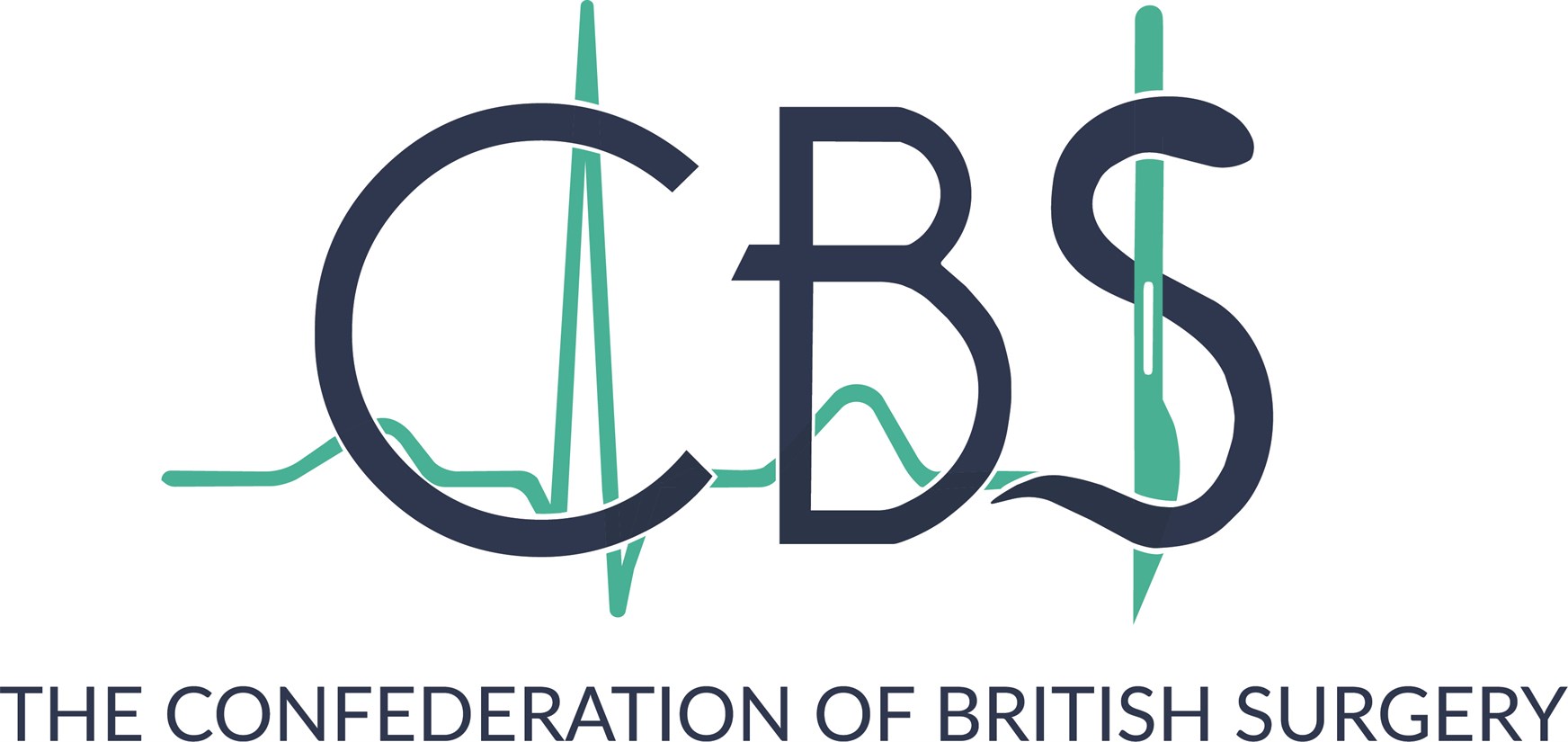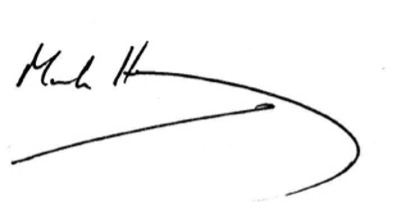- Home
- News
- CBS Response to The Times article "Doctors contracts need emergency surgery"
CBS Response to The Times article "Doctors contracts need emergency surgery"
04 September 2023
![]()
Following the publication of a recent article in The Times, "Doctors contracts need emergency surgery" the CBS Exec have contacted Mr Kirkup with the following constructive response:

23 August 2023
Dear Mr Kirkup
Re: Doctors contracts need emergency surgery
We presume that your recent column, published in the Times on the 2nd August criticizing the consultant body was intended to be provocative. However, as the trade union specifically representing the surgical team, we would like to make you aware that the fundamental aim of the Confederation of British Surgery is to achieve progress through seeking shared interests and the development of constructive collaborations amongst all healthcare professionals. We have given some consideration to the content of your article and whilst finding ourselves in partial agreement with you, are also concerned regarding the number of inaccuracies.
We believe that we share with you and your colleagues a desire to make the best possible use of resources to the benefit of all concerned and especially our patients. This combined with our surgical knowledge and pragmatism may afford us all an opportunity to make a positive contribution to the future working of the NHS and surgical practice in general and in the spirit of a possible future collaboration, we would appreciate your consideration of the following points:
The Confederation of British Surgeons (CBS) was recognized by the Certification office in 2019 and we work closely with the presidents of all the surgical specialty associations and the Association of Anaesthetists.
What we feel has been overlooked and what the public needs to be made aware of, is to highlight the growing malaise within the Profession which is not exclusively related to pay. Many factors contribute to low morale. These include:
- Exclusion from managing patients in the pathway (ie. outpatients, admitting, theatre allocation).
- Lack of inclusion and contribution in hospital management.
- Lack of access to fully functioning and staffed theatres.
- The current focus on targets at the expense of equity of access and clinical need.
The European Working Time directive which means all doctors now work shifts and the team, or “Firm” as it used to be known, has gone leaving trainees vulnerable with significantly less training opportunities in theatre, and often unsupported. This is a real threat to the quality and sustainability of a high-quality surgical service in the NHS.
The internal market introduced in the 1980s was based on the erroneous assumption that health care would benefit from competition. Far from reducing administration the internal market led to significant increases in NHS bureaucracy. Up to 10% of the NHS’ annual budget is now spent on running this internal market. Litigation is also a major concern. Doctors and surgeons in particular are urged to work in teams, but when something goes wrong the individual gets the blame rather than the lack of a robust governance structure. An increasing number of Consultants are retiring early due to a combination of all those factors, and whilst this might produce short term benefits from a management perspective, the longer term implications for training and the security of a high quality health service are of considerable concern
You refer, anecdotally, to a surgeon who refused to perform a transplant out of hours without supplementary payment. We would not condone such a mercenary approach to patient care but would point out that in our experience a majority of surgeons are frustrated by their inability to fulfil their role adequately through lack of operating or outpatient facilities. We know of recent consultant job descriptions in which surgeons are only afforded ad hoc operating lists. The restrictions imposed during the Covid pandemic have persisted in many Trusts significantly impairing effective use of theatre and other facilities and this has become a source of immense frustration.
We would agree that there is no doubt that the consultant contract needs revising. Your focus on the opt out agreed in 2003 which allows senior doctors to refuse to do non-emergency work out of hours somewhat missed the point as this relates to additional elective work once a consultant has fulfilled all their contractual obligations. In addition, please note that despite the recent budget, any such work continues to carry the risk of a financial penalty in relation to pension annual allowances. Many senior surgeons continue to do weekends, holidays, emergency cover even after 30 years of service in that role. Our professional commitment to 24/7 care meant that none of us let the patient down, nor our contribution to the team, so our on-call commitment remained steadfast despite the miserly remuneration for such commitment.
Originally based on agreements made at the inception of the NHS, it assumes that all consultants have similar work patterns, and no recognition is given to the onerous nature of on call in the acute specialties. We would argue that consultant contracts should be tailored to each appointment such that job plans accord with local needs of the population and recognition is given to the demands of emergency work. In this way the opt out you refer to is rendered irrelevant. The NHS should consider contracts for surgeons that are not only based on hours worked but also recognition for quality and productivity and aligned with contracts for anaesthetists.
We, the CBS, do empathise with the widespread discontent felt within the NHS. Our view is that negotiations should focus on terms and conditions of service and not exclusively pay. So, for example, we would strongly support review of issues such as creche facilities, car parking charges, meals on duty, and accommodation. In essence, all NHS staff need to be seen to be valued and not treated like a disposable commodity.
The NHS is not sustainable in its present form. It was originally based on the noble assumption that demand for healthcare was finite. Every advance in medical science creates new needs and there will never be a time when the health professions will agree that spending on health has reached an adequate level. Perhaps a Royal Commission as has been suggested by numerous commentators is one way forward.
We look forward to your thoughts and possible engagement with us in the pursuit of what we believe may be shared aspirations to make a positive contribution to society.
Yours sincerely

Mark Henley FRCS(Plast)
Consultant Plastic and Reconstructive Surgeon, Nottingham University Hospitals NHS Trust
President Confederation of British Surgery
email:markhenleypresident@gmail.com
Mobile: 07886 002657
Read other news articles